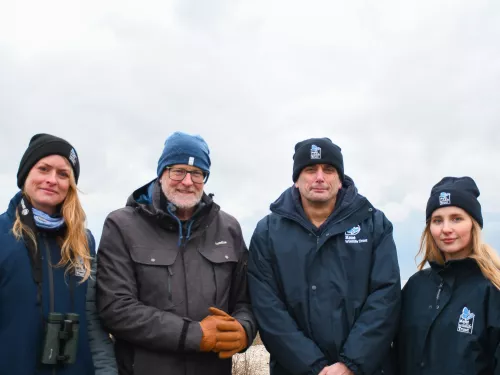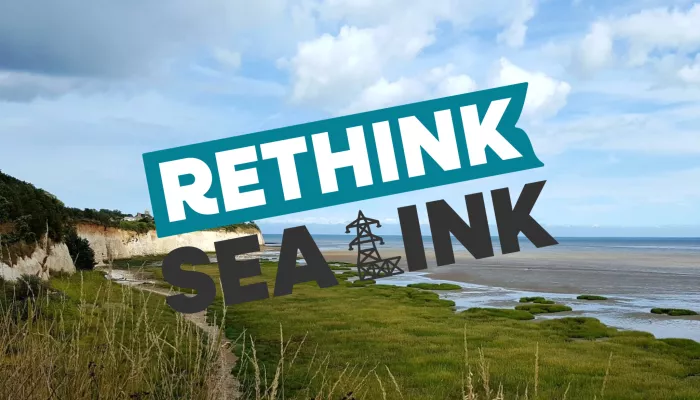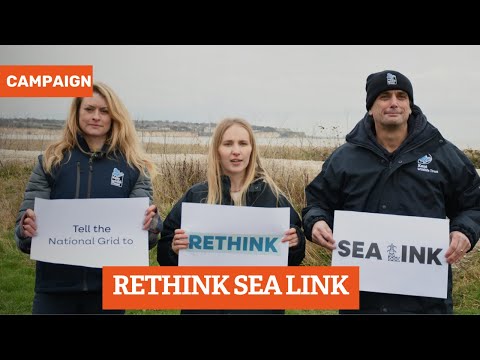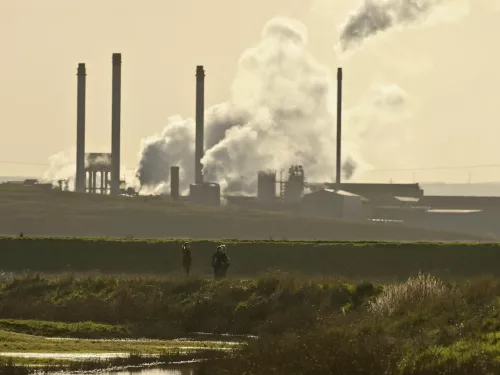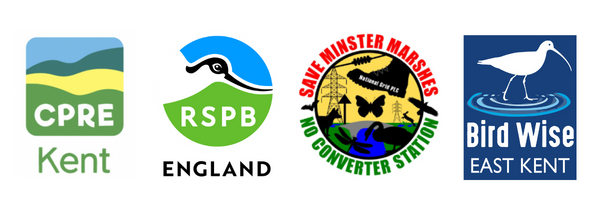Sandwich and Pegwell Bay is a haven for wildlife, designated as internationally important and protected by UK law. However, the area and sites around it are under threat. Learn more about the impacts in this blog.
The Examination Stage has begun for the Sea Link DCO
Update - February 2026
The team recently wrapped up three intense days at the second round of examination hearings for the Sea Link project.
Our Planning and Policy Officer Emma Waller, who is leading on all things Rethink Sea Link for Kent Wildlife Trust, attended virtually, and made verbal representations on relevant agenda items for nature, voicing our concerns.
Key environmental organisations and authorities were also required to submit final responses to questions raised during the recent hearings by February 10th 2026. Emma Waller says, "We want to see full transparency, robust evidence and proper consideration of alternatives so that internationally protected sites are not put at risk unnecessarily. Pegwell Bay and Minster Marshes are too important, too fragile and too valuable to Kent’s ecological resilience to be treated as expendable.”
Full news update
On the same day, Sir Roger Gale, MP for Herne Bay and Sandwich with West Thanet, questioned the Secretary of State about Sea Link's impact in the House of Commons. Watch the video here.
Update - November 18th 2025
Kent Wildlife Trust submitted our Written Representation on National Grid’s Sea Link proposal which you can find here.
We’re incredibly proud to say that over 6,000 Relevant Representations were submitted at the earlier stage - the highest number ever recorded for ANY DCO application to date. This is an extraordinary show of people standing up for nature. Now imagine if we matched that record with Written Representations too.
Imagine thousands of voices telling National Grid and the Planning Inspectorate that Pegwell Bay and Minster Marshes are too important to sacrifice, that they must Rethink Sea Link.
Update - November 13th 2025
The proposed Sea Link is officially in the examination stage of the DCO process.
This week, our Planning Officer, Emma Waller, spoke at both the Issue-specific and Open Floor hearings to make our concerns about the project heard and to urge National Grid to Rethink Sea Link alongside other campaign groups like Save Minster Marshes. You can see Emma make Kent Wildlife Trust's statement in the video below.
